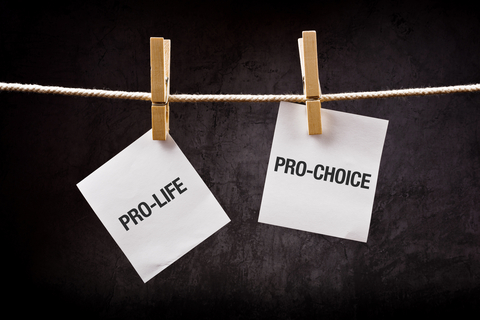


The Next Big Decisions On Roe Are Up To Employers – Here Are Five Steps To Consider
Introduction by Bruce Hennes, Hennes Communications
The U.S. Supreme Court decision to overturn Roe v. Wade leaves states to decide whether to restrict or ban abortion. And it leaves employers who provide healthcare plans deciding what to do and say about an issue that has separated the nation for decades.
An attorney described it this way for Law.com: “It’s an administrative and potentially employee relations nightmare for employers.”
To avoid the nightmare, begin by examining your standards and organizational culture, the views of your employees, clients and customers and have a detailed consultation with your attorney. How you then communicate your next steps to employees and other stakeholders is critically important. Your communications should be thoughtful, sensitive – and devoid of legal or corporate speak. Many firms are already working with outside communications counsel with demonstrable expertise in sensitive communications.
Here’s the Law.com article by Amanda Ottaway and Kellie Mejdrich.
The U.S. Supreme Court’s decision on Friday to overturn Roe v. Wade presents major challenges for employers and health plans, experts say.
In upholding a Mississippi abortion ban and overturning precedent establishing a constitutional right to abortion, the high court’s decision in Dobbs v. Jackson Women’s Health allowed states to impose restrictions or outright bans on the procedure. That’s quickly creating new liabilities for employers related to workers’ health, discrimination protections, privacy and speech.
Abortion rights demonstrator Elizabeth White leads a chant in front of the U.S. Supreme Court on Friday after the court overturned Roe v. Wade, erasing the constitutional right to abortion. (Brandon Bell/Getty Images)
“It’s an administrative and potentially employee relations nightmare for employers,” said Sarah G. Raaii, an attorney at McDermott Will & Emery LLP. Raaii said she has fielded a flurry of questions from employers, before and after the Supreme Court opinion was released.
“It creates a lot of challenges for employers who just want to do right by their employees and continue offering these abortion benefits that they have historically done in the past,” Raaii added.
Here are five things employers should do right now following the Dobbs decision.
Note Your Own Reaction
Houston-based Reed Smith LLP partner Emily Harbison said companies should first turn inward and think about their own position on this controversial social issue.
She said that gut check serves multiple purposes: to determine whether the company wants to make its position public and also to guide how they proceed internally.
“Their position on this is really the first step regardless of whether or not they speak about it publicly, because it will inform, I think, their review of their policies and what policies they may want to implement, that are new or revised or changed in order to become more in line with their position,” Harbison said.
Having a clear position articulated will help companies, for example, if they have employees across multiple jurisdictions with varying levels of abortion restrictions.
“Even though the law is what it is, I think the company can still take a stand and revise policies that allow it to still comply with applicable state law but potentially support or not support their employees however they see fit,” she said.
For the rest, click here.
Photo 42747129 / Abortion Protest © Stevanovicigor | Dreamstime.com